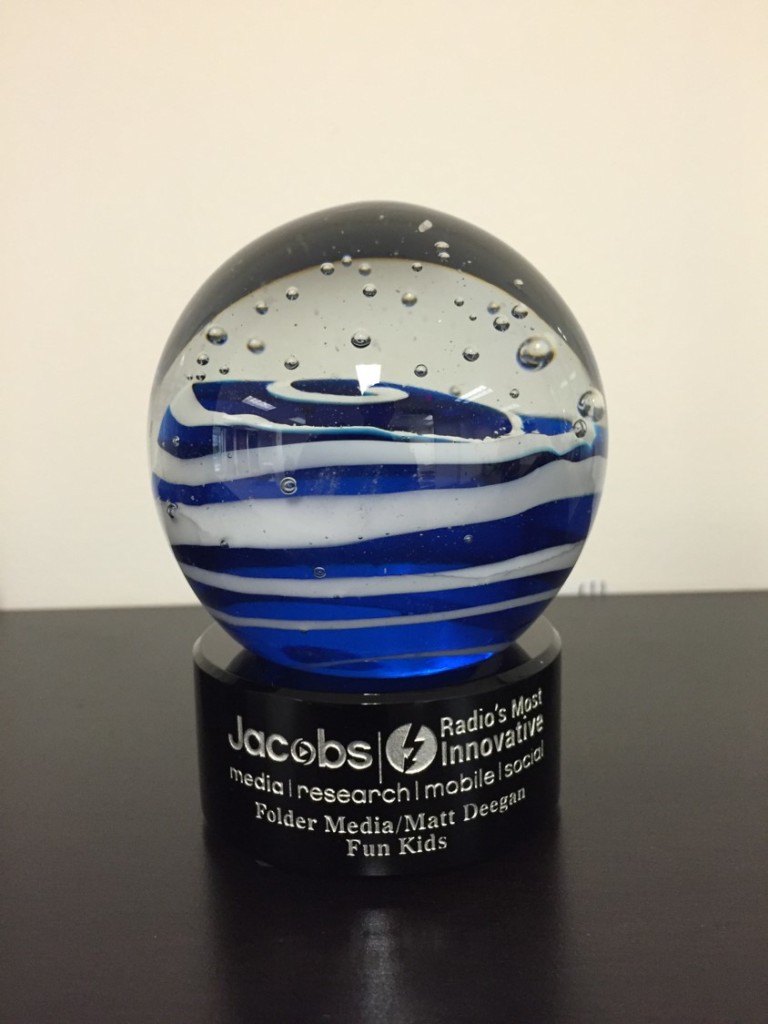
It never gets easy. Two years ago, it was COVID.
Today, we’re struggling with media complacency, a glut of choice, and consumers who graze content like they’re strolling through a buffet line.
It’s #TBT and the chance to learn something from the past – in this case, the recent past. Back in 2021, I published today’s post about John Fullam and a cluster contest he put together to keep his staff focused on the right things. And one of those things was innovation.
Ironically, I’m involved with two innovation projects at the moment, but they’re both outside of radio. One comes from academia. Michigan State’s College of Communication Arts & Sciences is piloting “Student Creativity & Entrepreneurship Challenge,” a “shark tankian” initiative that encourages students to create new business out of innovative ideas.
The second is one I wrote about earlier this year, It’s the Next Challenge for Journalism and Media a group project emanating from American Public Media, the organization that produces and distributes public radio programming, including “BBC News Hour” and “Marketplace.”
These may be tough times, but we’re going to get through them not with budget cuts or selling the furniture, but with innovative ideas that challenge every one of us to think innovatively.
If you think you’re too busy to even dream about new ideas while you sleep, today’s post encourages you to think again. And let me know what you come up with. – FJ
April 2021
Radio broadcasters prove every day they’re driven – by aggressive ratings and revenue goals on the commercial side of the spectrum, in particular. Add to the challenge the pressure and conditions wrought by COVID in 2020, continuing its wrath 13 months later.
For most “line workers” in radio – the “essential workers” – it’s been enough of a slog just to crank out the programming and commercial logs, and keep the station on the air during the worst economic cycle all of us have endured.
At times, like this, innovation is forced to take a back seat to results.
But not always. In fact, yesterday’s blog post about Spotify at 15 elicited many reactions from radio people impressed with what the startup has accomplished since entering the fray in 2006. Contrast that with innovations in traditional media, and you’ve got one knock-down-drag-out conversation on your hands.
Critics of this logic will point directly to all the years when Spotify seemed to possess an endless deck of “Get Out Of Jail Free” cards, allowing the company to lose millions while it grew its business. Most radio broadcasters have been playing the game by a different rule book.
Still, Spotify’s innovation punch list is impressive. And it raises the point why radio broadcasters don’t make invention and ideation a bigger priority at all levels. The fact is, it can be done. And it can be accomplished with precious little financial resources, outside of the company plane, of course. (More on that later.)
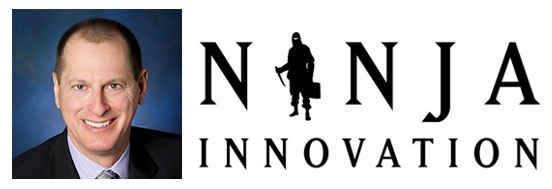 Innovation and resilience have been the clarion calls from CES these past many years, a charge led by the Consumer Technology Association’s CEO, Gary Shapiro. His Ninja Innovation books have made their mark. It’s why CES is locked into our calendars each and every January. These values have never been as important as they are today as we navigate through the pandemic.
Innovation and resilience have been the clarion calls from CES these past many years, a charge led by the Consumer Technology Association’s CEO, Gary Shapiro. His Ninja Innovation books have made their mark. It’s why CES is locked into our calendars each and every January. These values have never been as important as they are today as we navigate through the pandemic.
These themes are why Jacobs Media created “Radio’s Most Innovative” awards (see the photo at the top of this post) back in 2014, honoring some of the most creative concepts in and around the industry. Honorees included the inventions of Selector (RCS), the all-sports radio format (WFAN), the iHeartRadio platform, Dan Vallie’s National Radio Talent System (now owned by the RAB), and all-Christmas music (from KEZ).
In retrospect, we also should have recognized one of the best innovation examples I’ve ever seen in radio. It came from what is now Beasley’s Philadelphia cluster, led by its flagship, WMMR. Since acquiring Greater Media in 2016, Beasley has grown the station group by adding WXTU to the portfolio. And the cluster’s performance and standards of excellence are more than intact – they are on display every day.
In those Greater Media days, John Fullam ran the group, deftly navigating all the opportunities and threats that came the cluster’s way. In 2013, he had the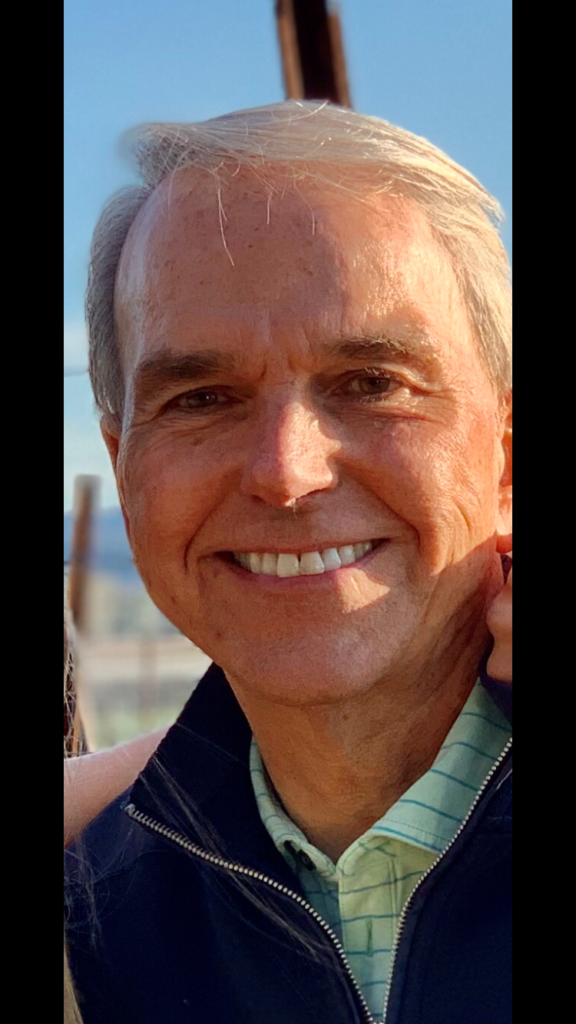 realization his staff was so focused on the tasks at hand that coming up with new concepts and initiatives was stuck on everyone’s back burner.
realization his staff was so focused on the tasks at hand that coming up with new concepts and initiatives was stuck on everyone’s back burner.
Thus, he started the Innovation Challenge, a cluster-wide contest open to anyone and everyone on staff – including, of course, the hosts, sales reps, engineers, receptionists, and back-end employees.
They were given the green light to put together teams – mashups of people from all the stations with the desire to work together to come up with something new and different that, oh by the way, would generate revenue.
And to keep it impartial, John selected an independent panel of judges of which I was one during the years the Innovation Challenge was an annual event. Last week, my blog post about how WFH was impacting company culture – especially inside radio stations – caught John’s attention. And I decided it would be great to talk to him about how any cluster can capture that elusive internal vibe.
He reminded me that innovation is especially important during difficult times, and so is the culture and health of our workforces. John told me this story after speaking with a Regional President just last week:
“In my entire career I’ve never dealt with the personal employee issues I have this year – more mental health issues than you can imagine.”
Based on my conversations with many of you, this same stress and strife is very likely happening at your workplace or among your team.
Here’s my interview with John Fullam:
Fred Jacobs: What inspired you to launch the Innovation Challenge?
John Fullam: We started the initiative after our annual strategy meetings to kick off 2013. Our stations were executing well but we were not developing enough new ideas.
Our team felt we needed to shake up the innovation process with respect to promotion, digital, events and finding new and better ways to engage with fans on- and off-air.
FJ: Why do you feel innovation is so important to radio today?
JF: Innovative companies attract great talent, our most important asset.
We need to be innovative because companies like Amazon, Spotify, Google and Apple are moving further into audio and competing for ears.
Radio needs to innovate to attract younger listeners (under 35) to remain relevant and connect with them.
We took a page from the Netflix playbook. Their employees are empowered and “ whoever has a good idea should put together a team and implement it.” 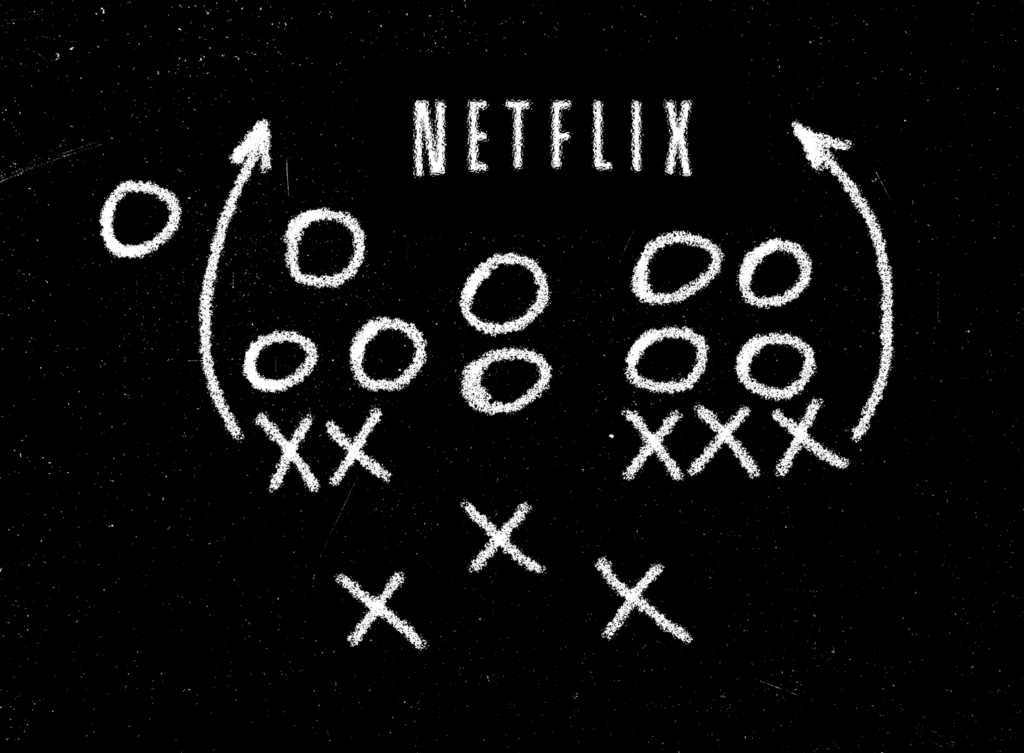
What would radio be like if we could harness our employees’ collective brainpower?
FJ: What was the main goal behind the Innovation Challenge. And did some unanticipated benefits occur?
JF: Our goal was to develop new ideas for all four Philadelphia brands.
The bonus was increased engagement from our staff. They were incredibly excited to be part of the creative process.
It underscores research from Gallup about workplace culture and employee engagement. The average employee engagement for a company in the U.S. is about 30 percent. Employee engagement at the highest performing companies is between 70-80 percent and their performance reflects that.
Engagement grows when staff is involved and empowered. We measured our engagement every year with an outside company and it grew at that time to nearly 70 percent. So getting our entire team involved helped build our culture.
FJ: You did it cluster-wide and you encouraged all staffers to participate to “co-mingle” with people in the building that didn’t work together. What was the thinking behind that?
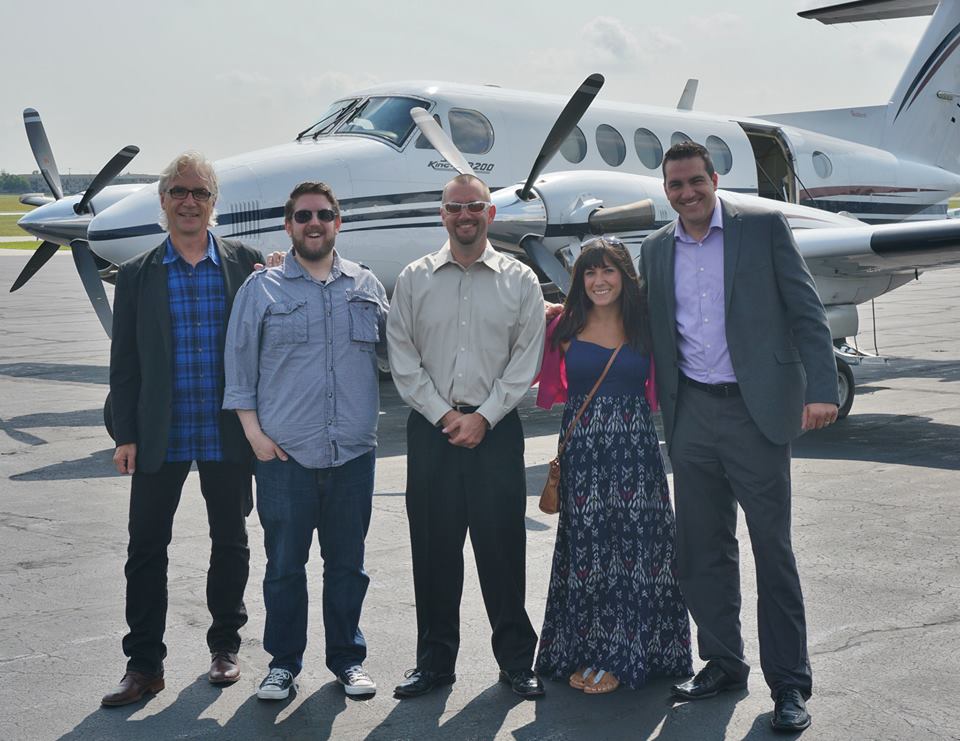
JF: I saw a 60 Minutes interview with David Kelley from IDEO who worked with Steve Jobs for many years. Kelley said when creating new ideas, it was important to have people from diverse backgrounds and interests.
So each PD was encouraged to recruit their six team members with different skill sets from the other three brands and across all departments. As a result, the idea exchanges and perspectives were different than normal, which was what we were hoping for.
FJ: How did it work? How many ideas were teams tasked to develop, and did any actually launch?
JF: Each brand team had an eight week “sprint” to come up with three Innovative Ideas. The ground rules were simple. All ideas had to be entirely new, not a rehash of an old idea.
The more assets they used, the better: on-air, digital, events, etc. Also, they needed to tie-in how sponsors could be involved. The ideas were not all home runs and there were a number of solid singles and doubles.
The PDs held a draft to choose their team of 6-7 people. Teams met regularly over the eight weeks and then made a final presentation of their three ideas to our panel of judges; CEO Peter Smyth, VP Programming Buzz Knight, Mark Ramsey, and you, Fred. One of their three ideas had to be implemented.
The judges then determined which team had the most innovative ideas. The winning team flew to Boston, in the company plane, to have lunch and spend time with Peter.
FJ: Did they work? Did they make money? Did they inspire the staff? Did they build culture?
JF: Most of the ideas worked well – some were content-driven, there were cool events, and some digital initiatives. More than half made money and a few did very well with sponsors.
You could feel the energy change in the hallways during the Challenge. It’s pretty simple – the more people involved who can contribute, the more they lean in. When they get to hang out in “centerfield,” they show up ready to play.
FJ: Any thoughts on what impact the past 13 months had on innovation in radio?
JF: Last year everyone had to innovate out of necessity. We had to shift our thinking and develop radically new ideas to connect with colleagues and customers. It accelerated the way we empower employees now working from home. Managers’ conversations needed to be more frequent with staff to solve problems and develop new ideas.
As difficult as last year was for business, we actually developed processes and better conversations that brought innovation front and center for our organizations. How great would it be to use this time as a ‘flywheel’ so innovation continues as part of our workplace culture?
FJ: Could the Innovation Challenge work today even though we’re not out of the “pandemic woods?”
JF: Today, it may be a bit more difficult with WFH but as teams meet virtually there may be an opportunity to re-engage in a creative process and introduce new innovative ideas as businesses start to reopen and new station events are being planned.
FJ: I know you would never play favorites but was there one idea you really liked?
JF: The one that comes to mind is Preston & Steve’s “Daily Rush” video. MMR/MGK PD Bill Weston and his team decided to go all in on video during the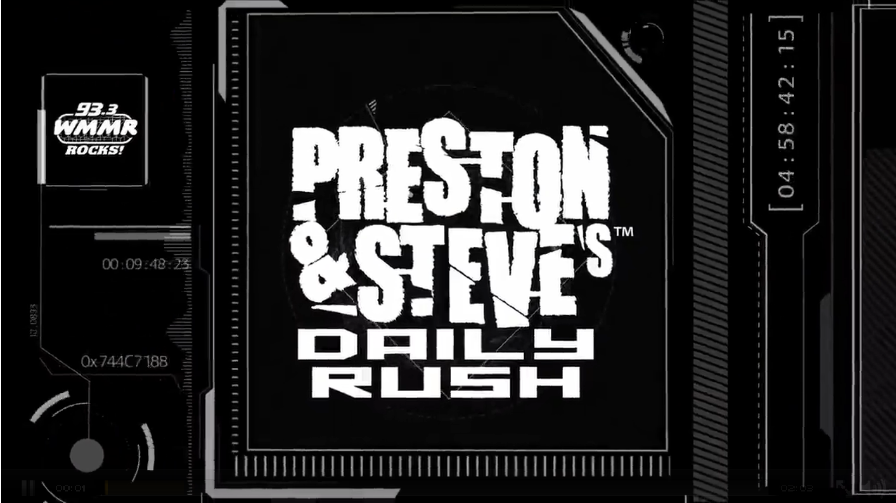 Challenge, making an investment in personnel, a talented producer and equipment.
Challenge, making an investment in personnel, a talented producer and equipment.
The Preston & Steve “Daily Rush” is a very entertaining five minute video of highlights of the show and a huge hit with Philly fans. A longer version is also produced, sponsored and aired on a local Philadelphia cable channel, Xfinity’s VOD.
Bill and the Preston & Steve Show brought so much creativity to this idea. They deserve all the credit for making this innovation one of our best and so remarkable.
FJ: Any surprises?
JF: It was a great reminder that good ideas can come from anywhere and from anyone in your building. The more people are involved, the more they are committed to your success.
New friendships and connections were made with staff members who had never worked together until they were on the same team.
Surprisingly, ideas from the staff continued to come up even weeks after the Challenge.
FJ: How did it go with Greater Media’s CEO, Peter Smyth, and how did you involve him?
JF: Peter was very supportive and excited to be involved. He helped judge the final presentations, gave us use of the company plane, and hosted our winning team in Boston.

Today, John has launched Fullam Coaching and Consulting, working with businesses and their teams all over the country, focusing on their 0perations and culture.
He can be reached here:
Fullam Coaching and Consulting
Email him here: [email protected]
If you like where John is headed, he recommends you read these two Gallup articles:
The Wellbeing-Engagement Paradox of 2020
Strike Up a Culture of Innovation While the Iron is Still Hot
- Media And Technology In 2025: Believe It Or Not! - April 18, 2025
- In Radio, You Just Never Know - April 17, 2025
- The Secret To Making A Great Podcast (And Great Radio) - April 16, 2025





Dear Fred Jacobs:
How can I apply to be considered for your Radio’s Most Innovative award please? I believe we are the most innovative creation in radio since Talk Radio. That is, our “Action Radio Citizen Legislature.” The first and still only show actively writing citizen legislation, then submitting and advocating our bills to all levels of government.
Show site: BlogTalkRadio.com/citizenaction
Bill site: WriteYourLaws.com
Article site: GregPenglis.Substack.com
Most urgent bill – Vaccine Product Liability Restoration. Currently seeking RFK Jr’s endorsement of this bill now that he is running for President. I have the contacts to make this a possibility.
Bill link: https://writeyourlaws.com/the-vaccine-manufacturer-full-product-liability-restoration-act-of-2021
Thank you,
Greg Penglis
Creator, Host and CEO of the Action Radio Citizen Legislature!
Mr. Jacobs, I applaud you for still believing in, pursuing, and encouraging others in out-of-the-box creativity. Radio has become mundane and it takes effort with purpose to make a difference. You are doing that.
I am just one of the out-of-the-box reporters on Action Radio. My segment is the somewhat controversial Oh My God! Report, where I call out “religion” and encourage an honest relationship with our Creator instead. NOBODY on Action Radio is PC or passive, but all about taking action that effects positive change. Perhaps you and Action Radio founder and CEO Greg Penglis can do a featured interview about bringing back radio that matters.
Fred, what an absolute delight to open this today and see the name/story of one of my very favorite market managers, John Fullam. John has been an innovator I think since birth, and an inspiration when we were at what eventually became iHeart in Detroit. I credit John for giving us the creative freedom and resources to take the juggernaut that still is WNIC there to total next level. Appreciate the contact info for John!
To Fred Jacobs,
Thank you so much for pushing forward on this matter and speaking out. I am fairly new to this innovative and creative way to freely express myself and for a person under the age of 35 I do agree our generation and times are passing us by the minute and radio and podcast and other innovative ways of expression are disappearing. I applaud Greg Penglis Ceo and Founder of Action Radio for addressing this, reaching out, and allowing us to speak freely and to just have fun and talk about matters that are normally shut out. I have learned so much in the small amount of time being on his show as a speaker and am truly blessed to have this opportunity. I will continue to speak out and spread the word to continue this innovative way of life and creativity. This also gives us time to relate, think, prosper, agree and disagree and build lasting relationships along with many other attributions. Greg has been phenomenal and is so deserving as you are too for continuing this path even in the most difficult of times and like I say always believing in our journey.
Sincerely, Cowgirl Candice
Owner and founder of Believe the Journey Horse Services LLC
I bring this up as a reminder that broadcasters sometimes need to be pushed to innovate by other industries: A telecom-infrastructure company in Spain recently made a public announcement that it was working on launching the nation’s first national DAB+ network–even though the DAB+ standard might not yet be technically legal there, and even though broadcasters might not have pushed for anything beyond the very limited current use of original DAB (possibly just around Madrid and Barcelona).
RW has a good writeup in English, but the best of the initial coverage (in Spanish) might be https://www.gorkazumeta.com/2023/04/ibertel-anuncia-el-despliegue-de-la.html.
Mr. Jacobs, I work with Action Radio as the Financial segment on keeping people up to date on markets and economics. I appreciate what you’re doing and think Greg Penglis would be a great candidate for an award. He is very innovative with the groups he established and helping push change with bills and citizen legislation.
Thank you for your consideration!
Respectfully,
Derek
Hello Mr. Jacob’s. I am also a reporter on Action Radio for the Government Inquiry segment. I am the youngest reporter at 16 years old. It warms my heart to know there are programs like yours and Action Radio with Greg Penglis that can make a true change in the world. I am here to encourage you to include Greg Penglis and Action Radio as a candidate for this award. Action Radio gives a new life to making honest changes in the United States. It allows my generation and those to come to shape the country and life they want to live, while securing our freedoms. Just like the Constitution, it gives power to the people of the United States and will be a living system. Greg has created, not only a groundbreaking system, but a new environment not seen in common media. Action Radio has an environment to ask questions, evaluate ideas, test theories, and be bold. It is completely interactive, and offers a surpassing level of education. In school, we are often taught what to think, or what we need to know. On Action Radio, we learn how to think, and what to trust. Greg has instituted a variety of topics to reach all audiences from finance, politics, faith, and the oddest topics you can imagine. Greg has entered a new horizon in the United States government, by empowering the people in a way Congress never saw coming. I pray millions of citizens can be empowered through Action Radio to be the change they want to see! An award for Greg Penglis and Action Radio Citizen Legislature is a wonderful way to promote these groundbreaking changes.
Thank you,
-B. Cannon
Good day Mr. Jacobs. I was a producer and did a life coach segment until my hours at work changed. What is great about Greg and his philosophy about action radio is to get people involved in what is going on around them and just make them aware/want to be aware.
He does not just cover the hot topics of the day like everyone else does. He goes after what nobody is talking about or what others are afraid to bring up.
He enjoys discussions especially when one may have a different view. As he will take any moment and turn it into a teaching moment.
The reporters he has on the show are extremely eclectic yet he makes each show work. He encourages his listeners to call in. We can have major differences in opinions and totally disagree at times, but that is ok, we continue to return.
However the theme of each show is to educate, empower and motivate.
Listen to any of Greg’s show and you will know how innovative he and his Action Radio program are. He truly represents this award.
Thank you for doing this because mainstream media especially news is so detrimental to us all because they do not cover the truth or facts.
Action Radio is the epitome of innovation. There is no other radio show that I am aware of, that writes legislation. Not only do we create legislation but we do it in a much more simplified manner, where most everyone can understand it, not just the lawyers.
Action Radio GM, Greg Penglis has the perfect voice for radio. He’s a genuine Constitutionalist and it shows in his legislation and in every aspect of his life. He is creative, intelligent and always does his due diligence for his interviews. He’s got a great vision for the future and a very positive attitude about life. I do believe he most certainly deserves this award.